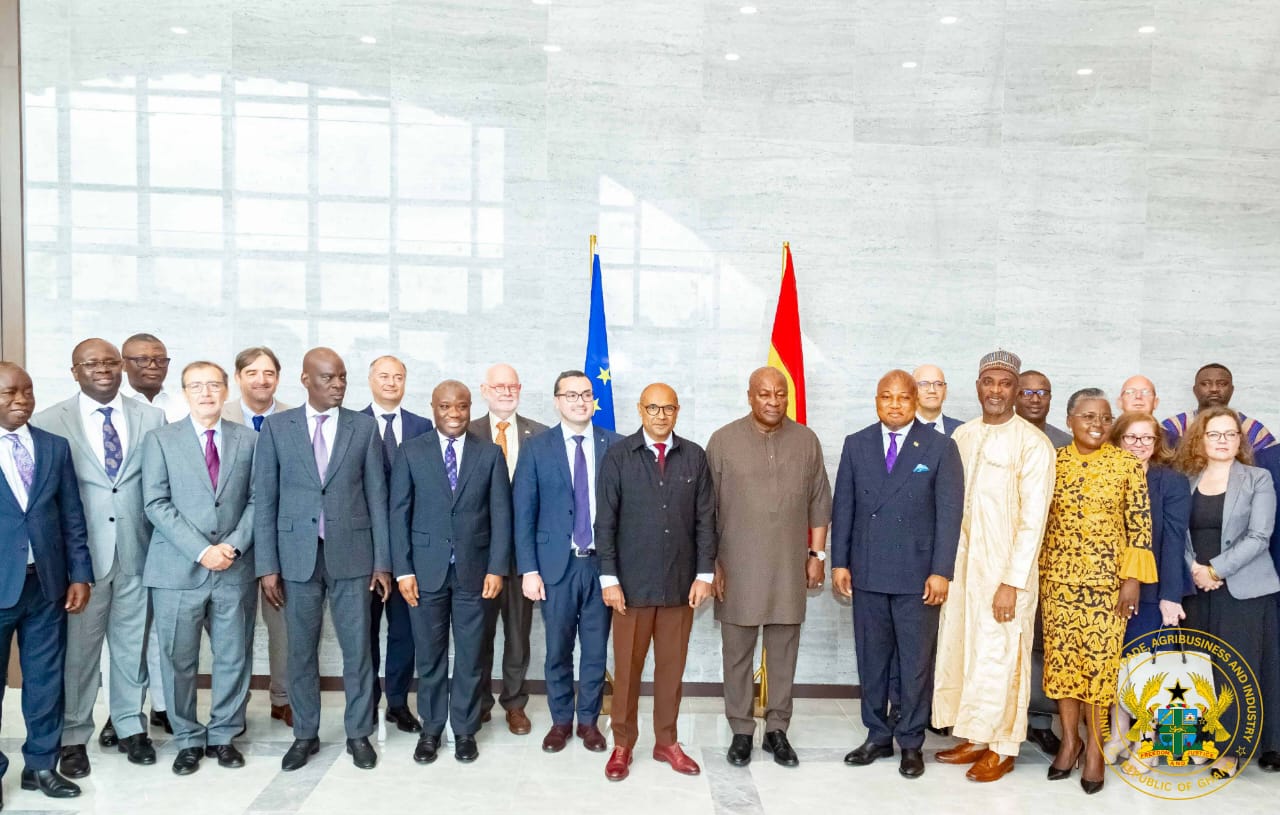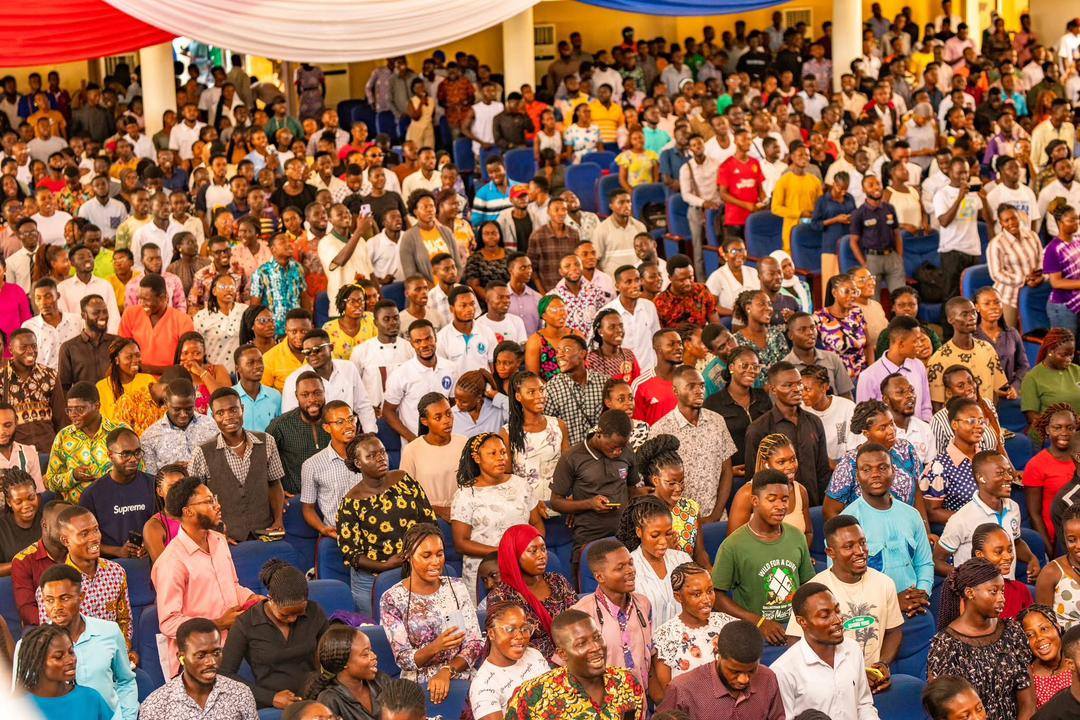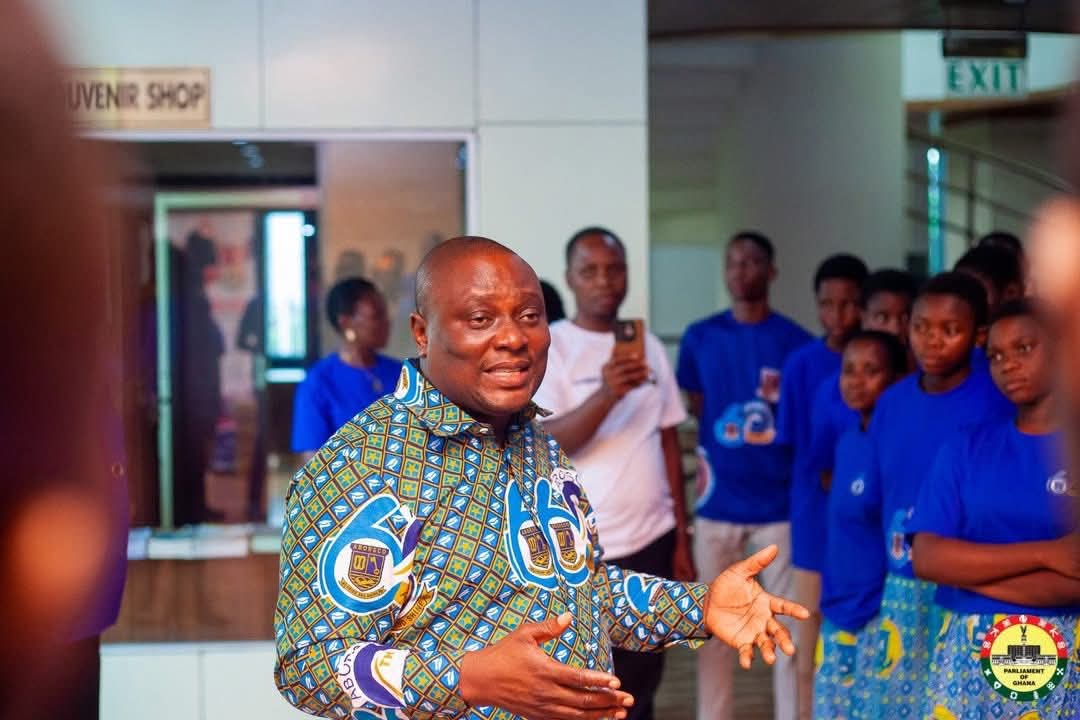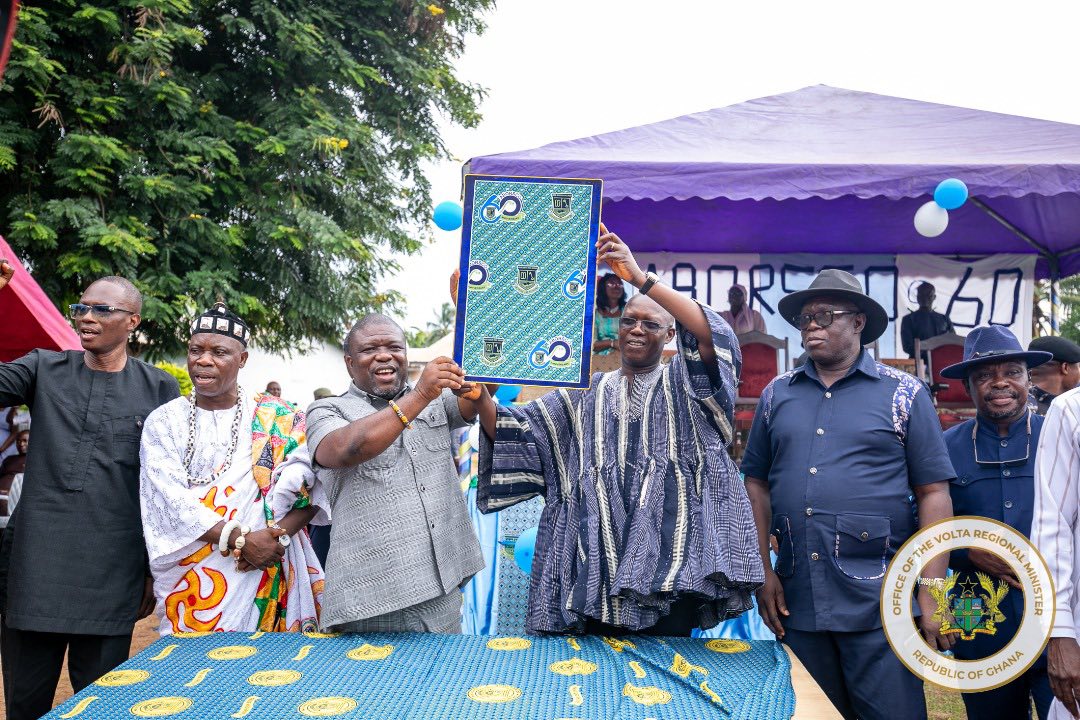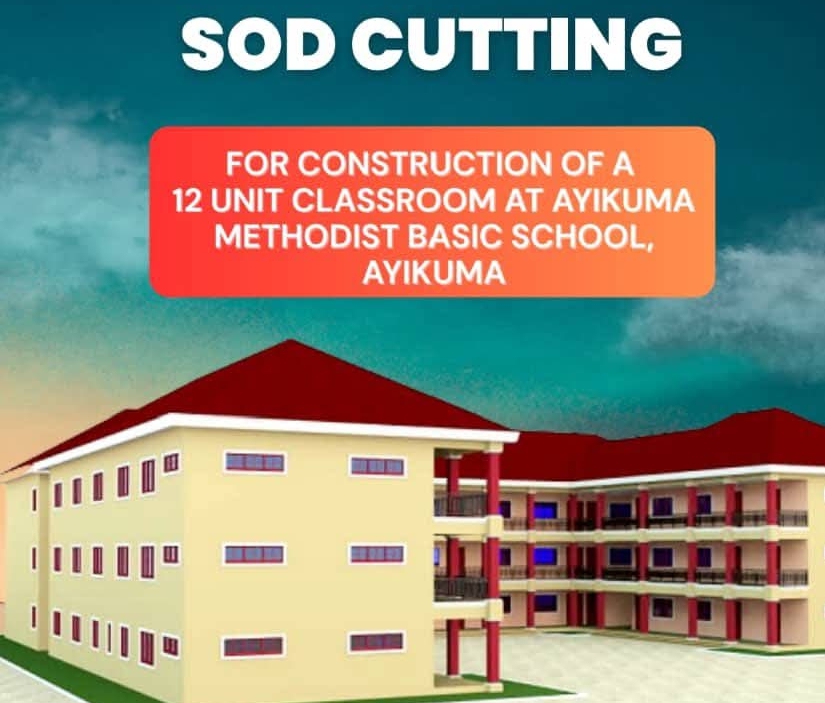The President of the Republic, John Dramani Mahama, has underscored the urgent need for reforms in global governance to guarantee fair access to capital and inclusive debt solutions for developing countries. He stressed that achieving a more secure and equitable future hinges on ensuring every nation, regardless of size or economic power, has an equal voice in global decision-making.
Speaking at the 2025 Ghana-European Union Partnership Dialogue, the President reaffirmed Ghana’s commitment to deepening its partnership with the EU, highlighting the EU’s longstanding role as a key development ally.
“We must build a fairer and more secure future for our respective nations. This requires bold reforms that give all countries fair access to capital and an equal say in shaping global policies,” President Mahama emphasized.
Touching on economic progress, the President noted that international credit rating agency Fitch has upgraded Ghana’s rating to B-, signaling improved investor confidence. He outlined Ghana’s continued efforts to position itself as a competitive investment destination, including ongoing revisions to the GIPC Act aimed at boosting sustainable agribusiness across the sub region.
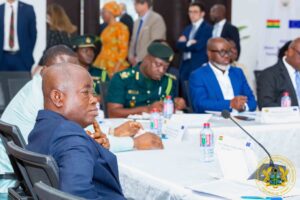
President Mahama further emphasized Ghana’s readiness for the green economy, noting the country’s strategic lithium reserves and its ambition to position itself as a key player in electric vehicle production. He also pointed to ongoing collaboration with the EU to align labour standards with European demands as a means of addressing youth migration challenges through decent job creation.
“We seek the EU’s cooperation to boost our industrialization drive, reform our climate commitments, and reduce our carbon footprint. Ghana remains committed to net-zero goals and responsible green growth,” he said.
Adding to the discussion on Business Climate, Trade & Industry, Hon. Sampson Ahi, Deputy Minister for Trade, Agribusiness and Industry, commended the European Union for its sustained support through initiatives like the Compete Ghana Programme, which has significantly strengthened Ghana’s implementation of the interim Economic Partnership Agreement (iEPA). He noted that trade between Ghana and the EU continues to grow impressively, reaching an estimated EUR 6.4 billion in 2024, an 8.5% increase from the previous year. Ghana’s exports, including petroleum oils, cocoa products, and processed fish, enjoy duty-free access under the EPA framework.
The Deputy Minister further highlighted pressing trade challenges, including non-tariff barriers such as frequent regulatory changes, standards compliance issues, and logistical hurdles that hamper exporters. To mitigate these, he proposed the establishment of structured regulatory notification systems, enhanced technical support for Ghana’s national quality infrastructure, and stronger collaboration in trade logistics and certification processes.
He further pointed out that the Ministry is undertaking a range of business climate reforms to improve Ghana’s investment attractiveness, including digitizing land title processes, passage of the Business Regulatory Reform Commission Bill, and revising the GIPC Act to remove restrictive equity requirements. “These reforms are strong signals to the global business community that Ghana is open for business,” he said, while also calling for the EU to consider reviving and scaling up the Compete Ghana Programme to support sustained trade and industrial growth.
In his remarks, Minister for Foreign Affairs and Regional Integration, Hon. Samuel Okudzeto Ablakwa (MP) assured the diplomatic corps that land-related challenges affecting their operations have been addressed. He expressed appreciation for the EU’s continued support, including logistical assistance under the EU Peace Fund.
Excellence Irchad Razaaly, EU Ambassador to Ghana, described Ghana as a key strategic partner and commended the country’s efforts towards becoming Africa’s vaccine hub, especially with the support of Germany.
He reiterated the EU’s dedication to supporting Ghana’s broader self-reliance and development agenda.

























